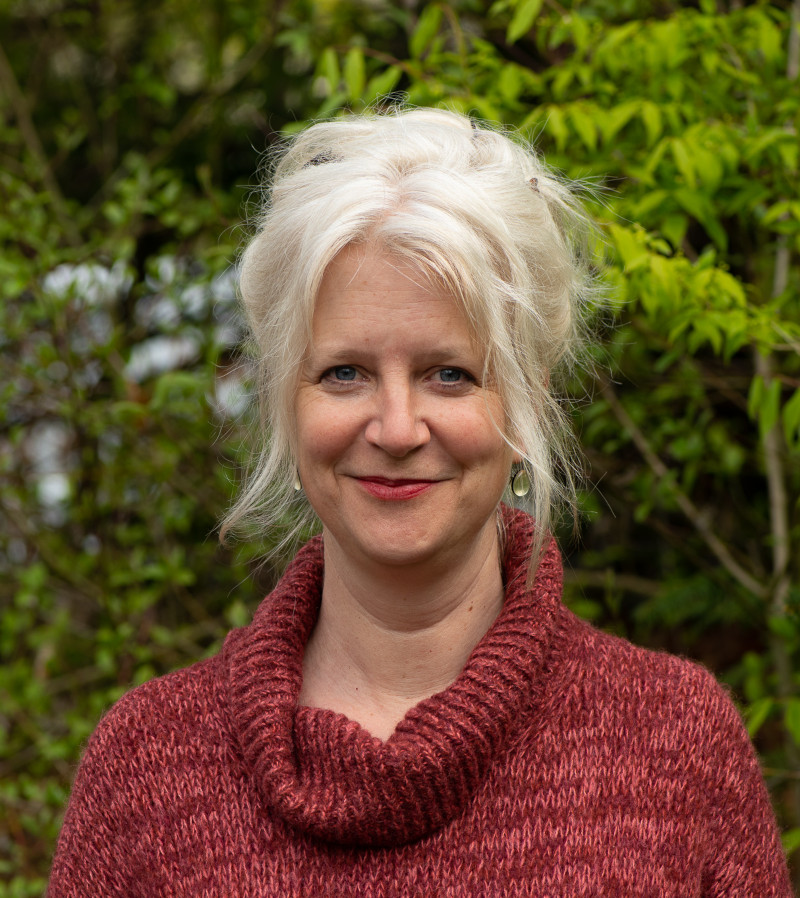
Navigation auf uzh.ch
Navigation auf uzh.ch

| Head of the Botanical Garden University of Zurich (since 2020) https://www.bg.uzh.ch/de.html |
| Lecturer in ethnobotany (since 2010) |
| Post-doctoral student at Kunming Institute of Botany, Chinese Academy of Sciences and California State University, USA (2004 - 2006) |
| Ph.D. student at the Institute of Plant Biology and at the Institute of Systematic Botany, University of Zürich (1998 - 2003) |
Field studies
| 2004-ongoing | Ethnobotanical field work in southwest China. |
| 2000-2001 | Botanical field work in tropical Peru. |
| 1996 | Ethnobotanical field work in southwest China. |
Teaching
Ethnobotanik, BIO231
Vielfalt der Pflanzen, Praktikum, BIO125 / BI440
Programmleitung des Weiterbildungsstudienganges Ethnobotanik und Ethnomedizin
Dal Cero M., Saller R., M. Leonti, Weckerle CS. (2022). Trends of Medicinal Plant Use over the Last 2000 Years in Central Europe. Plants 2023, 12, 135. https://doi.org/10.3390/plants12010135
Weckerle C.S., (2022) Erholung und Inspiration: Die botanischen Gärten der Universität Zürich als grüne Oasen und Orte der Bildung und Forschung. Topiaria 88-93.
Weckerle C.S., de Boer H.J., Puri R.K., van Andel T., Bussmann R.W., Leonti M. (2018) Recommended standards for conducting and reporting ethnopharmacological field studies. Journal of Ethnopharmacology 210: 125-132. doi: 10.1016/j.jep.2017.08.018.
Huber F.K., Weckerle C.S., Hsu E. (2017). The Shuhi House between reformist China and revivalist Tibet. Asia 71(1): 353-374.
Weckerle C.S., Timbul V., Blumenshine P.M. (2010). Medicinal, stimulant and ritual plant use: An ethnobotany of caffeine-containing plants. In Hsu E., Harris S. (eds) Plants, Health and Healing: On the Interface of Ethnobotany and Medical Anthropology. Epistemologies of Healing 6: 262-301.